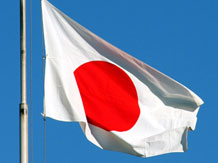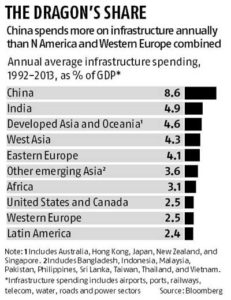
Switzerland today said it will relax norms for providing information to foreign nations seeking banking details about their citizens on the basis of ‘stolen data’, a move that would benefit India in its fight against the black money menace.
In the case of stolen data, Swiss authorities would extend assistance on tax matters to other countries provided such information was procured through normal administrative assistance channels or from public sources.
The proposal, which has been adopted by the Swiss Federal Council, also comes at a time when India is making efforts to bring back unaccounted money stashed by its citizens overseas. The issue of black money also figured during the discussions between Prime Minister Narendra Modi and Swiss President Johann Schneider-Amman earlier this week.
The Swiss government today said the practices with regard to “stolen data are to be eased”.
“It should become possible to respond to requests if a foreign country obtained the stolen data via normal administrative assistance channels or from public sources,” it said in a release.
However, administrative assistance is still not possible if a country actively acquired the stolen data outside of administrative assistance proceedings.
In this regard, the Federal Council today adopted the dispatch on amending Tax Administrative Assistance Act.
The Bill is expected to be discussed by the Swiss Parliament this year.
Known for its banking secrecy practices, Switzerland has been facing international pressure as countries step up efforts to curb illicit fund flows.
In 2013, the Federal Council had suggested easing administrative assistance practices in the case of stolen data but at that time, the proposal was rejected by majority of the cantons, parties and business associations.
Since then, international practice has established that exceptions to the exchange of information would be tolerated only on a very restricted basis, the release said.
“For instance, the exchange of information could be refused if it is incompatible with public policy, such as in the case of requests motivated by racist, political or religious persecution,” it added.
The Swiss government emphasized it intends to respond to future requests that are based on data obtained by the requesting state from another state through normal administrative assistance channels or from public sources.
“The consultation revealed that the cantons are virtually all rallying behind the proposal, while the numbers of advocates and opponents in the political parties and organisations appear broadly balanced.
“The Federal Council is adhering to the proposal in view of this outcome, as it believes that the proposal is necessary to safeguard Switzerland’s interests,” it noted.
Last month, Switzerland started the process for an ordinance to put in place a mechanism for automatic exchange of tax information.
During Modi’s visit to Switzerland earlier this week, Swiss government assured India of stepped up cooperation with regard to black money issue.
“Combating the menace of black money and tax evasion is also our shared priority. We discussed the need for an early and expeditious exchange of information to bring to justice the tax offenders.
“An early start to negotiations on the Agreement on Automatic Exchange of Information would be important in this respect,” Modi had said at a joint media interaction with Schneider-Amman.
Under the bilateral treaty for administrative assistance and exchange of information with Switzerland, India has sought details about numerous individuals and companies from the Alpine nation as part of its crackdown against those stashing illicit funds there.
Source :http://economictimes.indiatimes.com/articleshow/52691230.cms
 Bharti Airtel and Singapore Telecommunications (Singtel) have combined resources to form an Internet Protocol Virtual Private Network (IP VPN) to deliver high-speed, secure data network coverage to enterprise customers in Asia-Pacific, the Middle East, Africa, Europe and the US.
Bharti Airtel and Singapore Telecommunications (Singtel) have combined resources to form an Internet Protocol Virtual Private Network (IP VPN) to deliver high-speed, secure data network coverage to enterprise customers in Asia-Pacific, the Middle East, Africa, Europe and the US.





